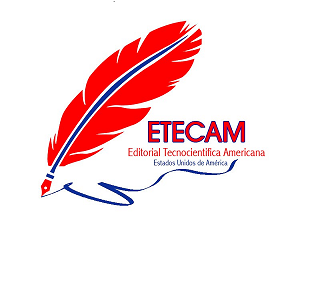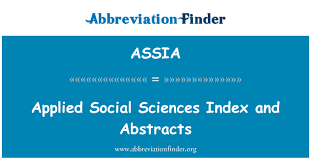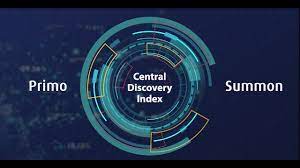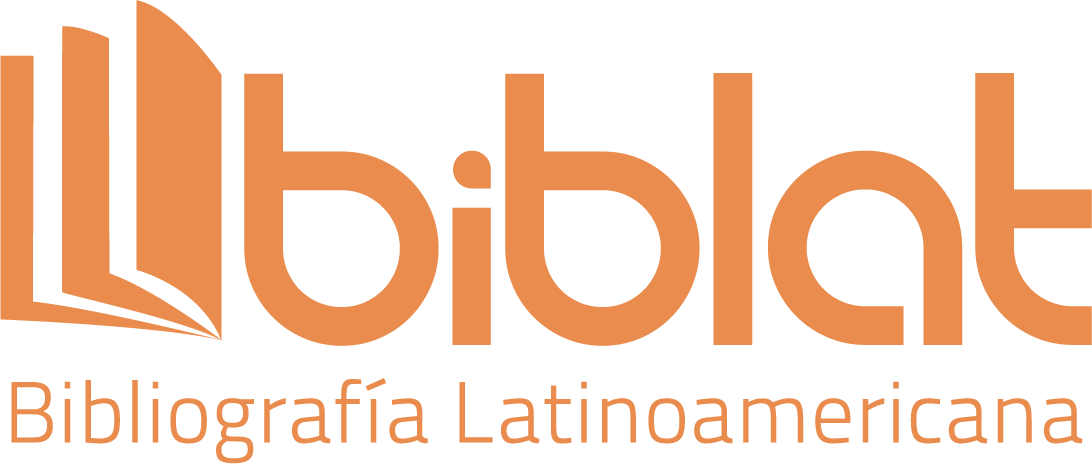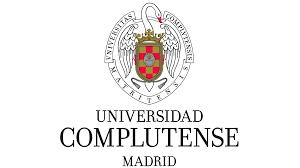Emotional autonomy in early childhood as a life skill
DOI:
https://doi.org/10.51736/sa.v7iEspecial.205Keywords:
Emotional autonomy, ability, educational development, emotion managementAbstract
The present field study based on the mixed approach of scientific research describes from a neuroeducational perspective the importance of “Emotional autonomy in early childhood as a life skill” in girls and boys of initial II. Considering that it is a fundamental aspect in psychological and personal development. This study aimed to substantiate emotional autonomy at an early age as a life skill from theoretical positions, understand the impact on the effective management of emotions, considering its relevance to promote healthy and balanced growth. The various dimensions were explored, evaluating how self-acceptance, self-regulation, resilience, emotional independence and problem solving contribute. This analysis took as a population 23 girls and boys from the “Dr. Benjamín Carrión” Educational Unit. An interview was carried out with the educator, a survey directed at parents, a checklist for the children and an observation sheet for the class which They were analyzed to demonstrate the problem; Finally, the appropriate conclusions and recommendations are established to design a three-module program of effective intervention for parents and educators, with the purpose of enriching educational practices and promoting healthy emotional autonomous development.
Downloads
References
Ainsworth, M. D. S. (1973). The Development of Infant-Mother Attachment. En B. Cardwell & H. Ricciuti (Eds.), Review of Child Development Research (Vol. 3, pp. 1-94). University of Chicago Press.
Asher, S. R., & Wheeler, V. A. (1985). Children's loneliness: A comparison of rejected and neglected peer status. Journal of Consulting and Clinical Psychology, 53(4), 500–505. https://doi.org/10.1037/0022-006X.53.4.500
Betina, A. y. (2011). Las habilidades sociales en niños y adolescentes. Su importancia. Fundamentos en humanidades, XI (XXIII).
Bisquerra, R (2003) "Educación emocional y competencias básicas para la vida."
Book El trauma visto por los niños: despertar el milagro cotidiano de la curación desde la infancia hasta la adolescencia Levine, Peter AKline, Maggie 84945477552016 Eleftheria.
Bowlby, J. (1969). Attachment and Loss: Attachment (Vol. 1). Hogarth Press.
Chautá, C. A. (2020). “Fortalecimiento de la autonomía emocional, en estudiantes del grado tercero 5 de la Institución educativa distrital San José.
Constitución Política de Colombia [Const]. Art. 44. 7 de julio de 1991 (Colombia).
Cook, K. (2019). Mental health, relationships & cognition. En Springer eBooks (pp. 197-233). https://doi.org/10.1007/978-3-030-27364-4_8
Cyrulnik B., Manciaux M., Sánche E., Colmenares M., Olaya M. y Balegno L. (2002). La Resiliencia. Desvictimizar a la víctima. . 49.
Cyrulnik B., Manciaux M., Sánche E., Colmenares M., Olaya M. y Balegno L. (2002). La Resiliencia. Desvictimizar a la víctima. . 49.
Diefendorff, J. M., Richard, E. M., & Yang, J. (2008). Journal of Vocational Behavior, 73(3), 498-508.
Ekman, P. (1984) ‘Expression and the Nature of Emotion’ in K. R. Scherer and P. Ekman (eds) Approaches to Emotion, 319-344. New York: Psychology Press. ANEXOS
Erikson, E. H. (1950). Childhood and Society. W. W. Norton & Company.
Fausto Núñez, Leidy Porras, Ruth Cárdenas. (2021). Empatía y educación en la infancia: un estado actual de la cuestión.
Fausto Núñez, Leidy Porras, Ruth Cárdenas. (2021). Empatía y educación en la infancia: un estado actual de la cuestión.
Fausto-Andrés Núñez, Leidy-Tatiana Porras-Cruz, Ruth-Nayibe Cárdenas-Soler. (2021). Empatía y educación en la infancia: un estado actual de la cuestión.
Fausto-Andrés Núñez, Leidy-Tatiana Porras-Cruz, Ruth-Nayibe Cárdenas-Soler. (2021). Empatía y educación en la infancia: un estado actual de la cuestión.
Fernández, M. (2013). https://www.redalyc.org.
Flores, P. A. (2015). Social-emotional Behaviors in African-American toddlers: The role of risk and protective factors. https://doi.org/10.18297/etd/445
Gómez, S. (2019). El juego de roles como alternativa pedagógica para la regulación de las emociones con niños de 3 años en el jardín infantil Dulce María.
Gottman, J. M., & DeClaire, J. (1997). Raising an Emotionally Intelligent Child. Simon & Schuster.https://doi.org/10.1002/j.2379-3988.2002.tb00041.x
Lerner, R. M., Easterbrooks, M. A., Mistry, J., & Weiner, I. B. (2003). Handbook of Psychology: Developmental Psychology. John Wiley & Sons.
Masten, A. S. (2001). Ordinary magic: Resilience processes in development. American Psychologist, 56(3), 227-238.
Piaget, J. (1932). The Moral Judgment of the Child. Routledge.
Rivero, M. I., & Casari, L. M. (2022). La evaluación de la autorregulación emocional infantil.
Salovey, P., & Mayer, J. D. (1990). Emotional intelligence. Imagination, Cognition and Personality, 9(3), 185-211.
Sandra Pinta, Margiorie Pozo, Emerson Yépez, Katherine Cabascango & Angie Pillajo. (2019). Primera infancia: estudio relacional de estilos de crianza y desarrollo de competencias emocionales.
Uribe, M. A. R. (2016). 2. Consideraciones acerca de las competencias socioemocionales. Las competencias socioemocionales en el contexto escolar, 15.
Published
How to Cite
Issue
Section
License
Copyright (c) 2024 Emily Valeria Herrera Berrones, Lizbeth Tatiana Pastrana Bozada, Inés Beatriz Rendón Bautista

This work is licensed under a Creative Commons Attribution-NonCommercial-ShareAlike 3.0 Unported License.













